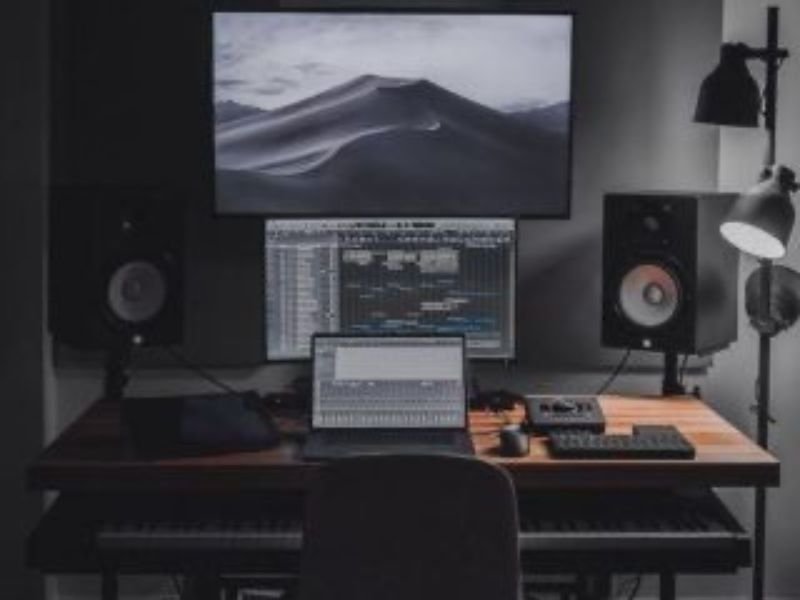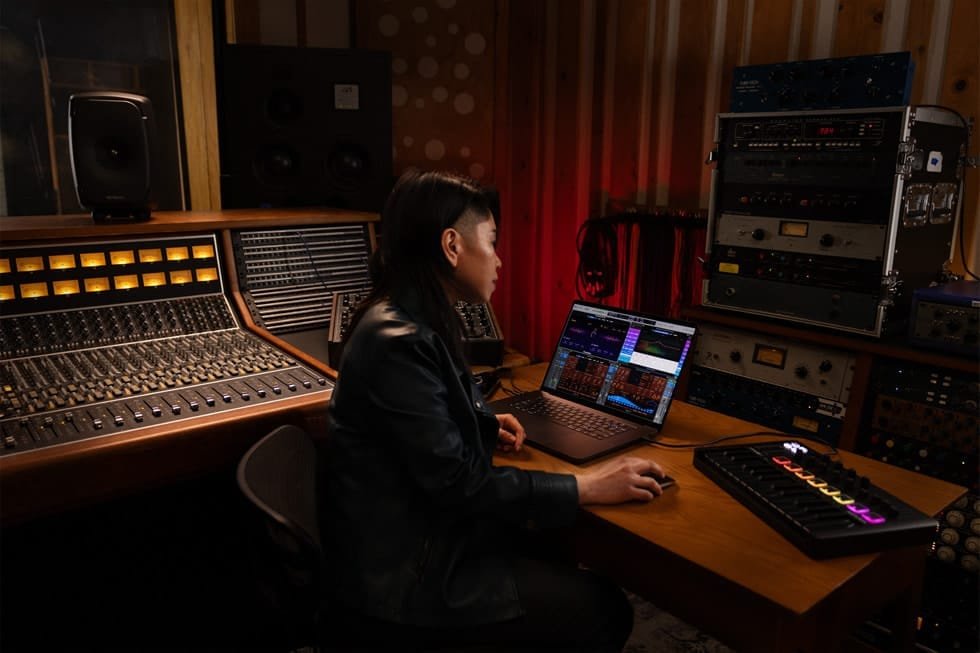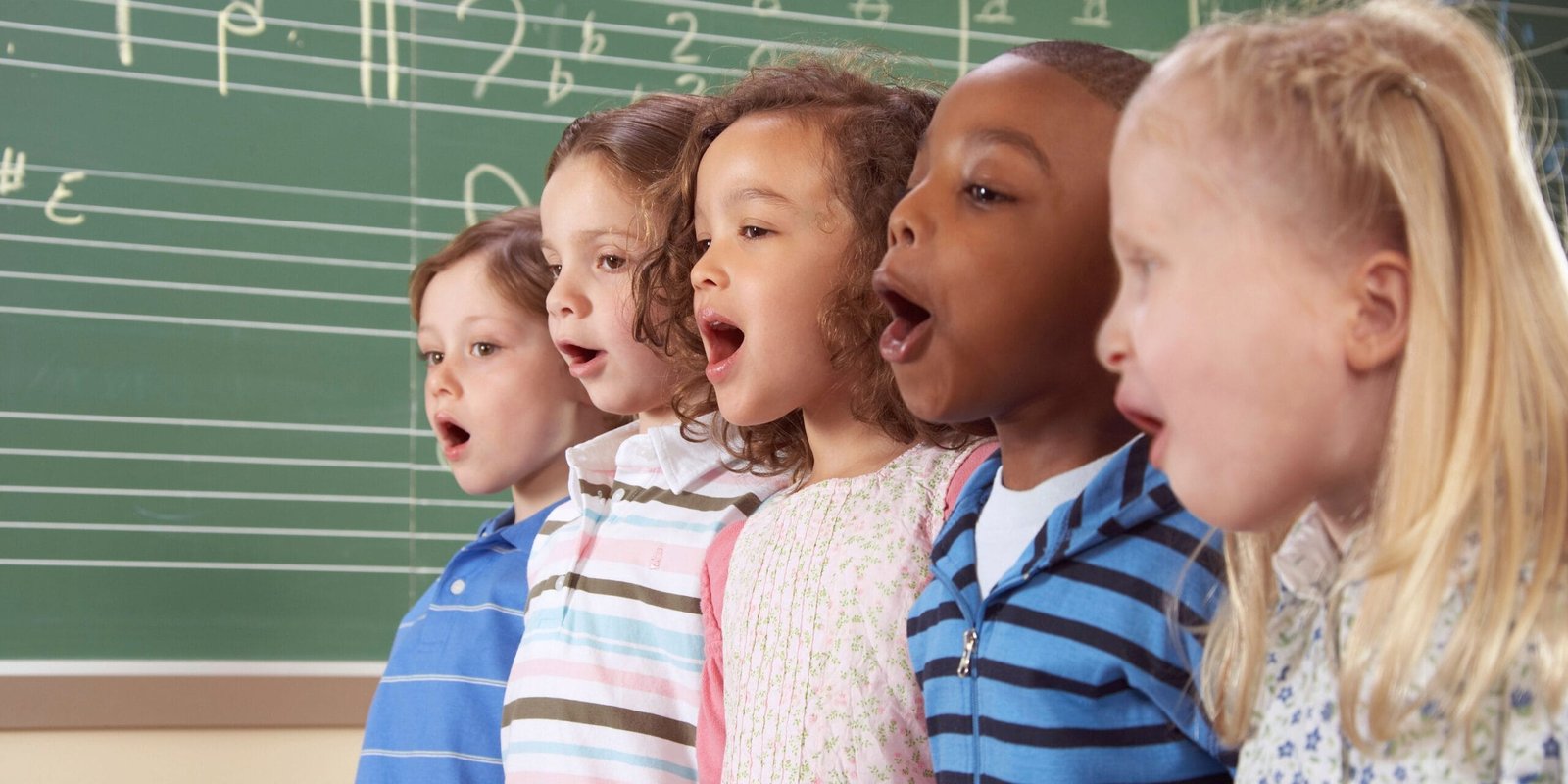The Future of Music Education: Embracing Innovation and Technology
June 20, 2024 2024-06-24 10:04The Future of Music Education: Embracing Innovation and Technology
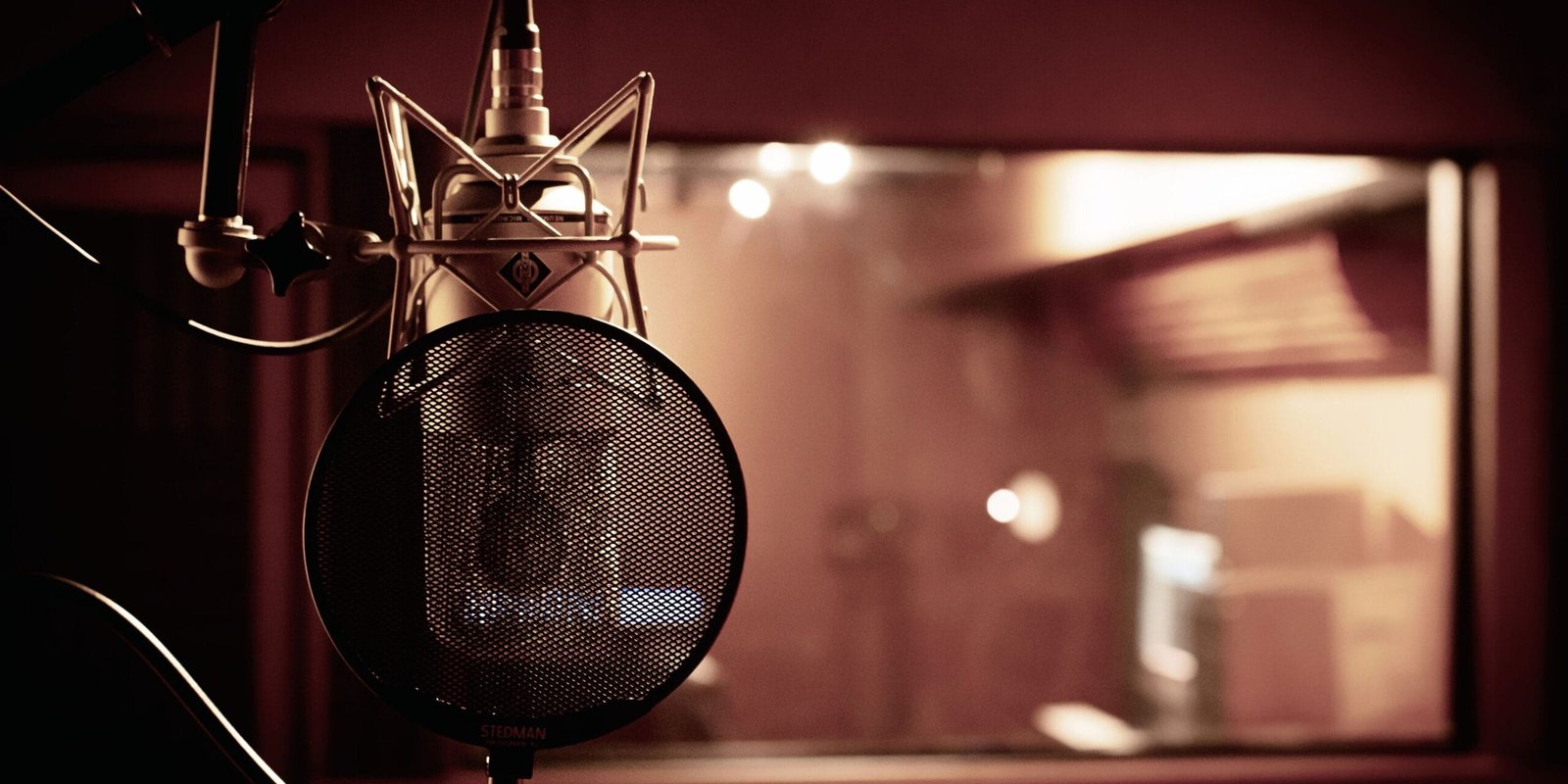
The Future of Music Education: Embracing Innovation and Technology
The future of music education is undergoing a dramatic transformation, fueled by technological advancements and innovative teaching methods. As traditional approaches blend with digital tools, a new era of music learning is emerging—one that is more accessible, interactive, and personalized than ever before. In this blog, we will delve into the key trends and technologies shaping the future of music education, highlighting their potential to redefine how we teach and learn music.
The Rise of Online Music Learning Platforms
One of the most significant changes in the future of music education is the proliferation of online learning platforms. Websites and apps like Coursera, Udemy, and MasterClass offer courses taught by world-renowned musicians and educators. These platforms provide flexibility, allowing students to learn at their own pace and from the comfort of their homes. Additionally, they often include interactive components such as video tutorials, quizzes, and forums for peer interaction, making the learning experience more engaging.
AI and Personalized Learning
Artificial intelligence is playing a pivotal role in the future of music education. AI-driven tools can analyze a student’s performance and provide real-time feedback, pinpointing areas that need improvement. Apps like Yousician and Simply Piano use AI to tailor lessons to the user’s skill level and progress. This personalization ensures that students receive the guidance they need to improve efficiently, making the learning process more effective and enjoyable.
Virtual Reality and Immersive Learning
Virtual reality (VR) is another exciting development in the future of music education. VR can create immersive learning environments where students can practice in simulated concert halls or alongside virtual bands. This technology can help students develop stage presence and performance skills in a controlled, risk-free setting. Companies like Melodics are already exploring VR’s potential to revolutionize music practice and education.
Gamification of Music Education
Gamification, the application of game-design elements in educational contexts, is becoming increasingly popular in music education. Apps like Melodics and JoyTunes turn practice sessions into interactive games, where students earn points and rewards for completing challenges. This approach makes learning fun and motivates students to practice more consistently. Gamification can be particularly effective for younger students, who might find traditional practice routines tedious.
The Role of Social Media and Community
Social media platforms are playing a crucial role in the future of music education by fostering communities where students and teachers can share knowledge and experiences. Platforms like YouTube, TikTok, and Instagram allow educators to reach a global audience and provide tutorials, tips, and performances. Students can showcase their progress, receive feedback, and connect with peers who share similar interests. This sense of community can be incredibly motivating and supportive for aspiring musicians.
The Future of Music Education in Schools
Traditional schools and universities are also adapting to the changing landscape of music education. Many institutions are incorporating technology into their curricula, offering courses in music production, sound engineering, and digital composition. Schools are also using online tools to supplement in-person instruction, providing students with additional resources to enhance their learning.
Music Education for All Ages and Skill Levels
The future of music education is not limited to children and young adults; it is becoming increasingly accessible to people of all ages and skill levels. Adults looking to learn a new instrument or refine their skills can take advantage of online courses and flexible learning options. This democratization of music education means that anyone, regardless of their background or previous experience, can pursue their musical aspirations.
The Impact of COVID-19 on Music Education
The COVID-19 pandemic has accelerated many of these trends, pushing music education towards digital solutions out of necessity. During lockdowns, many music teachers and institutions turned to online lessons to continue educating their students. This shift has highlighted the potential of online and hybrid learning models, which are likely to remain integral to the future of music education even as in-person classes resume.
The Importance of Teacher Training and Professional Development
As the landscape of music education evolves, so too must the training and professional development of music educators. Teachers need to be proficient in using new technologies and adapting their teaching methods to suit digital platforms. Professional development programs that focus on these skills are crucial to ensuring that educators can effectively support their students in this new learning environment.
Collaborative Learning and Global Connections
The future of music education also emphasizes the importance of collaboration and global connections. Online platforms enable students to collaborate with peers from around the world, working on joint projects and sharing cultural perspectives. This global approach enriches the learning experience, broadening students’ horizons and fostering a deeper appreciation for diverse musical traditions.
The Future of Music Education and Inclusivity
Inclusivity is a key consideration in the future of music education. Technological advancements are making it possible to create more inclusive learning environments that cater to students with diverse needs and abilities. For example, adaptive learning technologies can provide customized support for students with disabilities, ensuring that everyone has the opportunity to learn and enjoy music.
Preparing for Careers in a Digital Music Industry
As the music industry becomes increasingly digital, music education must also prepare students for careers in this evolving landscape. This includes teaching skills related to music production, digital marketing, and online distribution. By equipping students with these skills, educators can help them navigate the modern music industry and pursue successful careers.
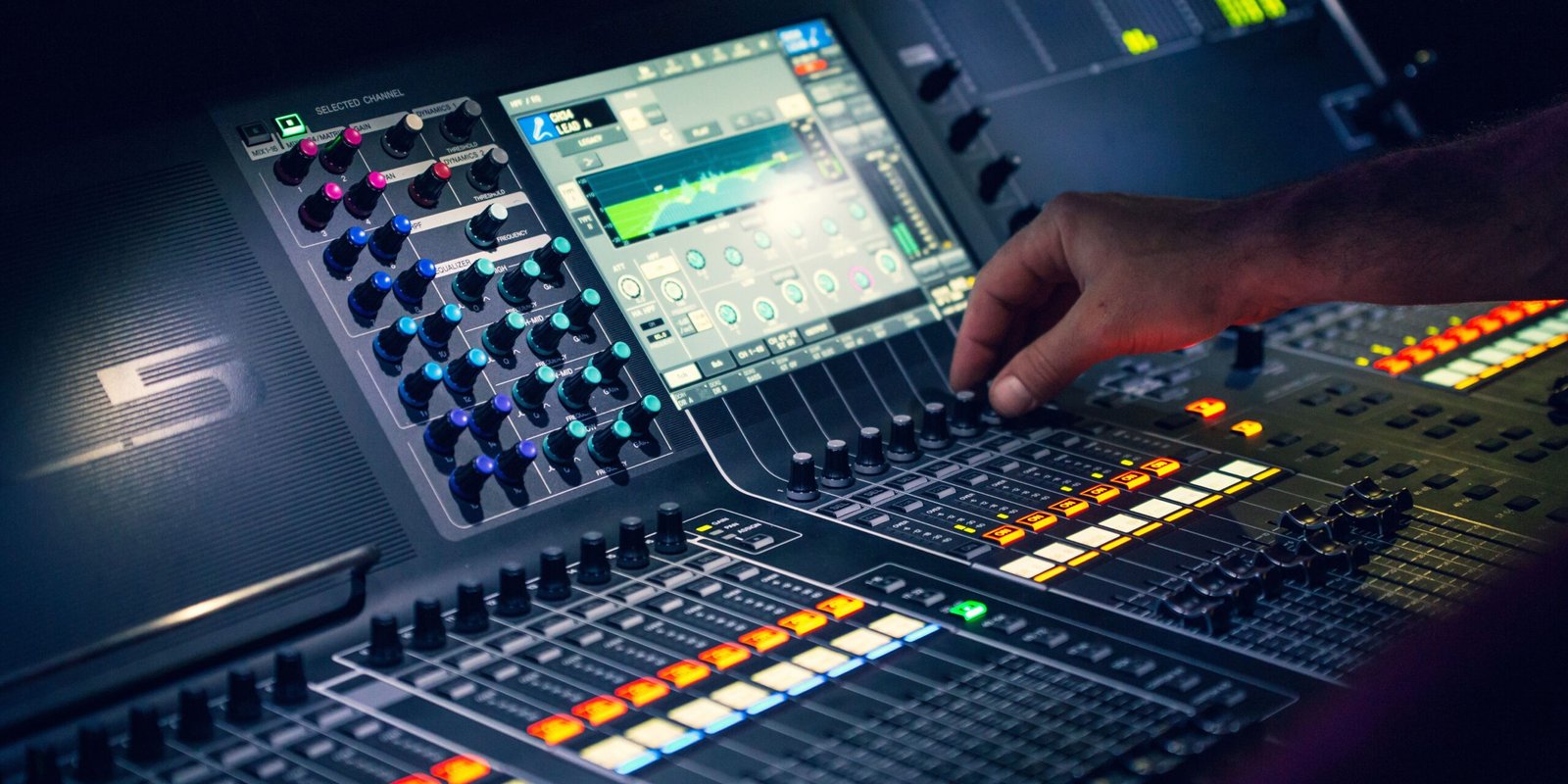
Conclusion
The future of music education is bright, with technology and innovation driving significant changes in how we teach and learn music. From online platforms and AI-driven tools to VR and gamification, these advancements are making music education more accessible, engaging, and personalized. As we embrace these new possibilities, it is essential to ensure that educators are well-equipped to support their students and that learning environments remain inclusive and collaborative. By doing so, we can create a future where music education is a lifelong, enriching experience for everyone.
Related Posts
Where to Study Music Production in India in 2025?
Music Production Fees Comparison in India
What is a Degree in Music Production in India?
How to Learn Western Singing in India
Search
Categories

